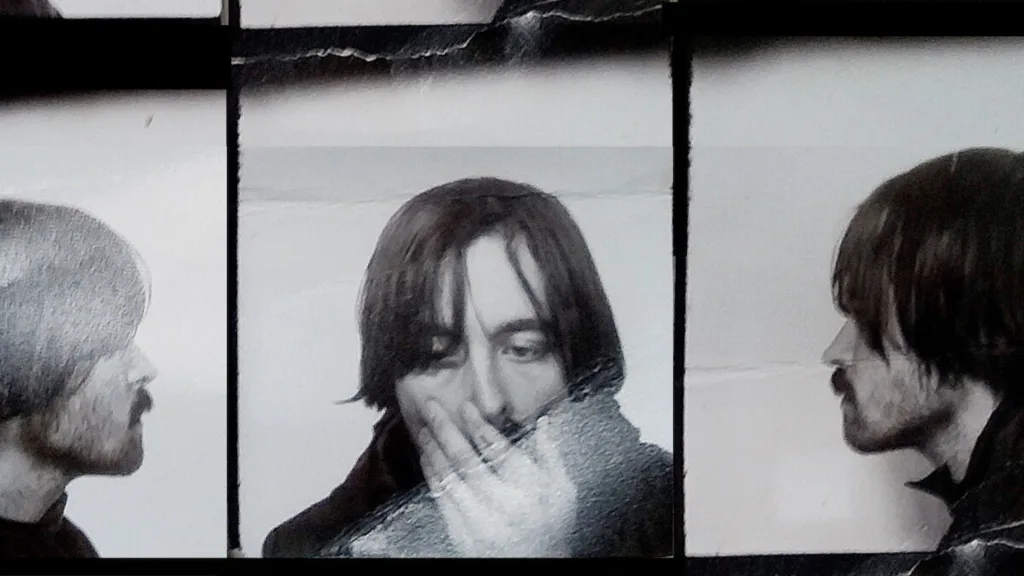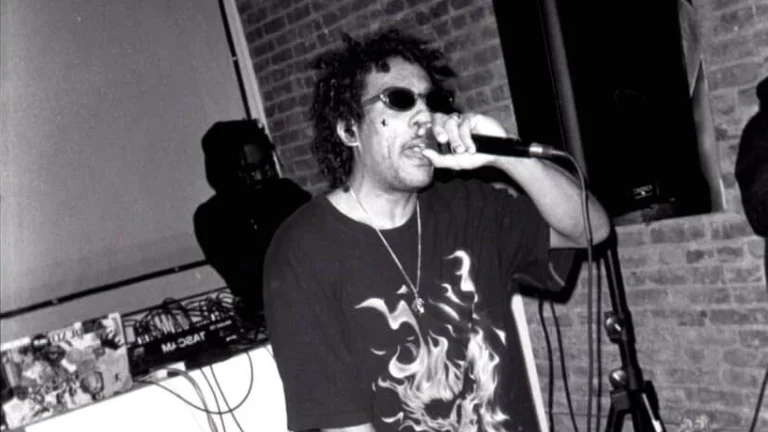The leaves are turning red, your breath mimics little clouds in the crisp winter air, and Fog Lake’s discography plays in your ears like you’re the main character of your own indie movie—or it should be if he isn’t on your radar. Newfoundland native Aaron Powell, more famously known by his moody moniker Fog Lake, is the lo-fi singer-songwriter who skillfully tugs on the heartstrings.
Existing in the same achy realm as Bon Iver and Cyberbully Mom Club, the evocative songwriting and wistful chords from Fog Lake make you feel a heady wash of emotions in a mere 3-minute track: from anguish and sorrow to serenity and adoration. Since the inception of his first lengthy somber album, There’s A Spirit There’s A Soul, in 2012, he has mastered merging melancholy and comfort seamlessly into one—despite them historically being contradictory foes. This is what sets him apart from the already saturated scene of Indie Folk craftsmen: his ability to make you feel two things at once.
Fog Lake’s distinct textured and honest sound from his debut release continues to hold true in the poppier album Midnight Society, released earlier this year. Despite his latest release hosting half the amount of songs as his first album, Fog Lake continues to flaunt his range with ease, ranging from lighter tempo tracks such as “Play Dead” to the slower and more reflective “Tripwire” as we creep toward the end of the tracklist. The album is lighter than his past releases, more so in the brighter and warmer melodies rather than the songwriting, which is just as hard-hitting as ever. This onslaught provides a delightfully devastating listening experience that ranges from easy and chilling to staring at the wall in silence for 40 minutes, depending on how deeply you are willing to dive into the lyrics.
The lyrical mastery at play in tracks such as “Bandaid Heart” shows how Fog Lake can tell a story that’s relatable for the masses in just a handful of lines—something only a skilled songwriter well versed in succinct portrayal of the human experience could do: “Like a wet dream / like a symphony / oh I got a bellyache / butterflies with broken wings / cue the metronomes / tap the telephones / I can’t tell the difference / from your voice and the dial tone.”
The combination of his simple writing and the dreamy ambient, playful pop, and structured rock-infused sound results in the kindest emotional whiplash one could imagine. Unlike many artists who have uber-produced and polished hits, Fog Lake relishes in the rawness coming from recording and producing his own music—hence why DIY is the ever-growing favored route for many musicians today. This authenticity that remains over his 10-year-long career suggests that his main concern is sharing music that matters with little to none towards making Billboard’s Hot 100. Just like making a loved one a handmade gift, his albums are crafted carefully from him to the listener.
His latest music video for the haunting and delicate guitar-led “Die in Love” sums this notion up, with the low-budget shoot reflecting how he leans toward making honest tracks for the fans that connect with the myriad of emotions he ties up into tender songs. A projector and old-school TV make up the set to create a homemade visual to match the raw yearning filled in the track, reinforcing that big budgets do not make a successful song.
The next time you want to lean into an all-consuming embrace of sweet, nostalgic bliss, lean into Fog Lake. You may shed a tear while walking down the street to the familiar heartbroken call and response of “Lost Love Letters” or feel your chest hollow out before it fills up again while indulging in the pleasure and pain of “Catacombs”’s exploration of remembrance, but isn’t it great music that moves us?





